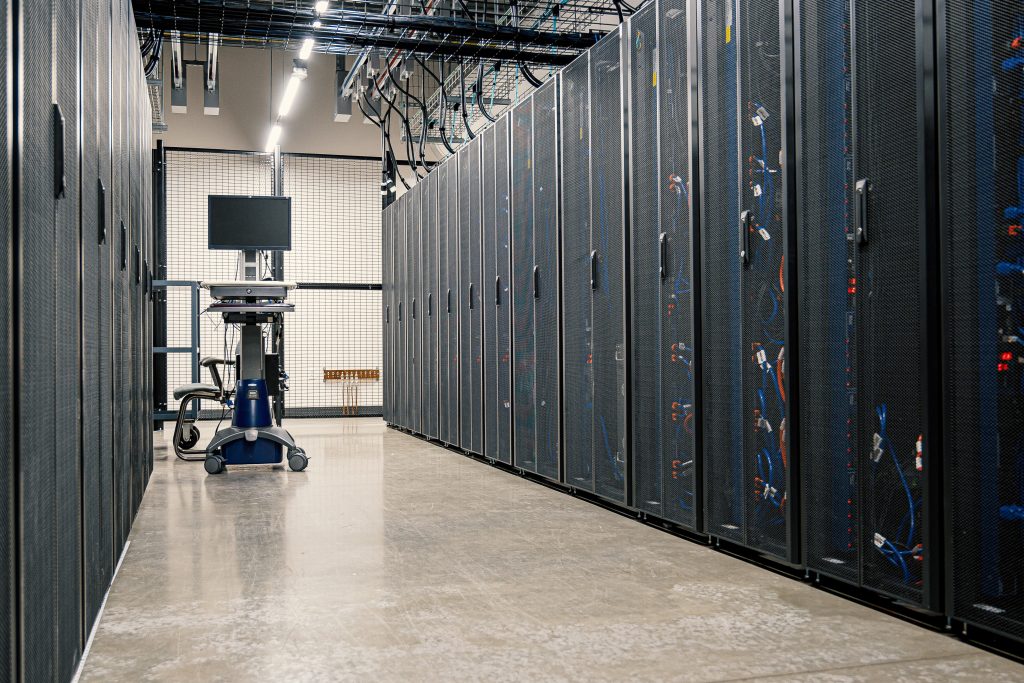

Colocation provides businesses with reliable, cost-effective solutions for housing their infrastructure within professionally managed data centers. Its benefits include reliability, cost savings, scalability, enhanced security, and improved connectivity. Other features include remote hands support, disaster recovery capabilities, compliance with regulatory standards, and remote monitoring tools. Cloud colocation empowers businesses to focus on their core operations while leveraging the infrastructure and expertise provided by colocation providers.
Our colocation data centers offer strong protection against malware and cyberattacks to keep your data safe.
We always have additional additional data center space to help you accommodate growth.
Leasing space in colocation facility is cost efficient than building or expanding the data center.
Cloud colocation allows businesses to avoid the upfront costs of building and maintaining their data centers. Companies can reduce infrastructure procurement, maintenance, and upgrade expenses by renting space within a colocation facility. Additionally, colocation providers benefit from economies of scale, resulting in cost savings for businesses utilizing their services.
Cloud colocation facilities are designed to provide a highly reliable infrastructure with redundant power supply, cooling systems, and network connectivity. This ensures that businesses can operate their equipment in a stable and secure environment, minimizing the risk of downtime or disruptions.
Cloud colocation offers scalability and flexibility in terms of resource allocation. Businesses can quickly expand or shrink their IT infrastructure by adding or removing equipment as their needs evolve. This flexibility allows them to align their resources with specific requirements and adapt to changing business demands without significant capital investments.
Colocation facilities implement robust physical security measures to protect the housed equipment. These measures may include surveillance systems, access controls, and 24/7 security personnel. By utilizing cloud colocation, businesses can benefit from the high-level security provided by professional data centers, ensuring the safety and integrity of their infrastructure.
Colocation facilities often have high-speed, redundant network connections, offering businesses access to reliable and fast internet connectivity. This enables efficient data transfer, low-latency connections, and improved network performance. Additionally, colocation providers may provide connectivity options for public cloud providers or internet exchange points, facilitating seamless integration with cloud services and other networks.
Contact us for a quick and easy quote to meet all your business needs!










In 1985, MWVS started as a video production house & specialized in small local clients that grew into national clients. As tech evolved in 1997, MWVS moved into internet broadcast. We witness all local TV stations move from the analog to the digital world with multi-channels and different programming. Again tech evolved once more with the introduction of cloud computing in 2006 and 2010, and we again moved in that direction. In 2024, we have witness the full circle of tech with the introduction of IoT (Internet of Things), where everything is connected to the internet and controllable from your mobile device. Also with the new Ai models being able to generate text & video on their own, this will change the world of production services forever. We now look forward to seeing what can be done with these new tools, so join us on our YouTube channel to explore the world of Production Tech.
Subscribe to our email news for latest news.